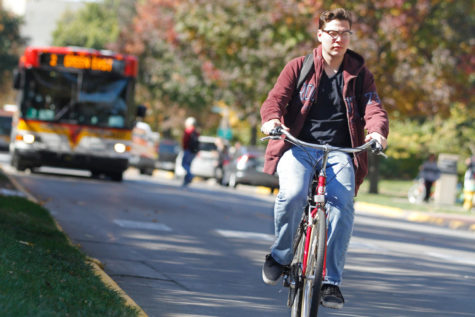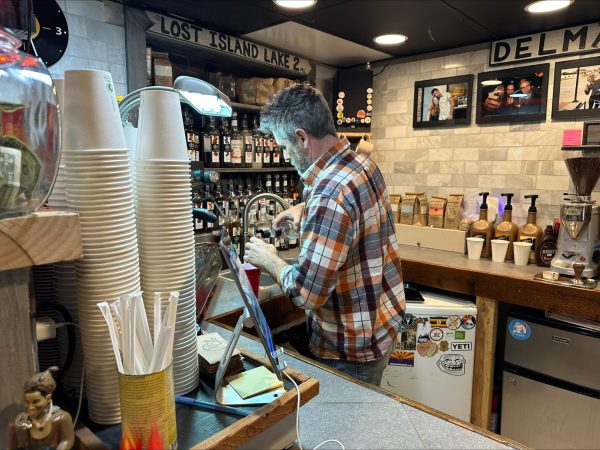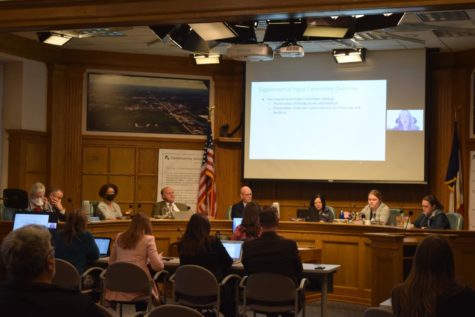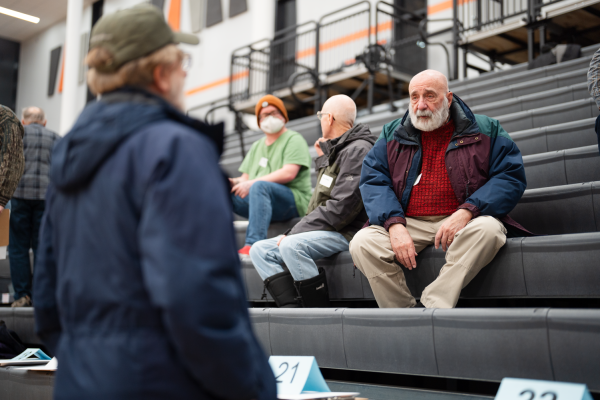Ames City Council workshop examines priorities
May 18, 2010
Two commissions told the Ames City Council what is important to them.
The council held a special meeting Tuesday night to hear priorities from the Planning and Zoning Commission and the Historic Preservation Commission.
Kori Heuss, chair of the the Planning and Zoning Commission, presented the council with the commission’s four priorities: vision for Ames, land use policy plan and zoning evaluation, industrial land and growth priorities and densities.
The need for a “vision” in Ames was discussed, as members said it was important to have a clear vision in order to help guide policies and projects that came before the commission. For example, Steve Osguthorpe, director of planning and housing, said he recently visited Charleston, S.C., which he said has a vision that it loves its people and its buildings.
“Everything comes back to that very defined vision they have,” he said.
Jami Larson, city council member, said it was important for Ames to come up with a vision so the city could move forward with projects and choose them more easily.
The land use policy plan was also discussed, with many members discussing the need to review the plan more frequently.
Riad Mahayni, city council member, said there was a need to “institutionalize” the process reviewing the policy every five years, which he said must be more than just monitoring it.
“In other words, a total review,” he said.
Matthew Goodman, city council member, said it was important to make sure the community was still able to give input for changes.
“I worry about how in-house this process becomes,” he said.
The Historic Preservation Commission also gave a presentation talking about its priorities.
Gloria Betcher, chair of the commission and professor of English, said one of the priorities of the commission was to carry out the process to apply for Campustown to become a federally registered historical district.
She said the commission wanted to carry out an intensive survey, the second step of a three step process to become this kind of district. The third step is applying to be recognized.
However, conducting the survey could take up to a year and a half, she said. This would mean the Campustown revitalization project may not be able to receive any of the money for such recognized districts, as the developers said they probably would be done before the application process was over, Betcher said.
Jeremy Davis, city council member, then raised the question of whether it was worth carrying out the survey.
But Betcher said it was still worth going through with the application process even if they wouldn’t receive any tax credit for the project in order to have information about the area.
The commission discussed overall benefits of historic preservation and the recognition it brings to a community, not only pertaining to the Campustown area, but in general.
For example, tax credits for historical preservation provide a number of economic benefits. Betcher said 75 percent of the grant money stays in the local economy.
The Iowa House, a former fraternity that was converted into a bed and breakfast, was made possible by a grant.
Another benefit was that studies show that most districts classified as historical help residents see their property values go up, Betcher said.
Betcher also said historical preservation contributes to sustainable growth.
“Old is the new green,” she said.
















